State of PC 2019 – Crysis?
A single, leaner year may be too early to talk about the crisis of PC entertainment, but in 2018, a few phenomena made us worry about gaming on personal computers.
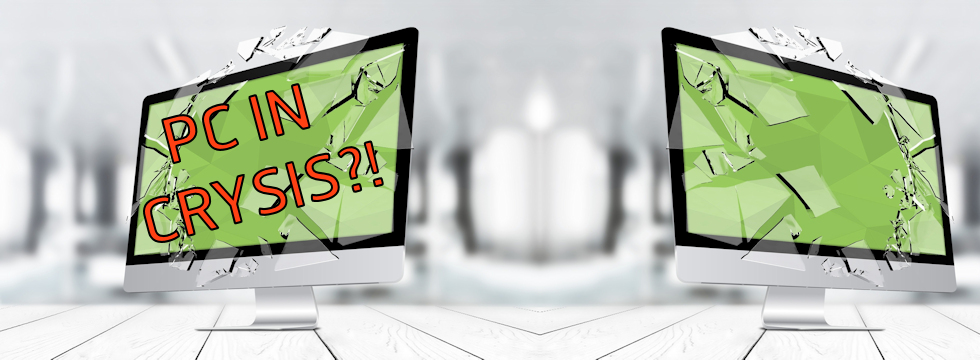
Phil Spencer of Microsoft can flamboyantly announce increased activity of the Redmond giant on personal computers, Ubisoft can announce that the PC is currently the best gaming platform, but let’s face it: 2018 proved emphatically that PCs are nowadays in decline, and their users are somewhat patronized. Further fragmentation of digital distribution platforms doesn’t help a bit either. Even if it is too early to talk about a crisis of PC gaming, it is worth looking at its first symptoms and causes.
Shun the big gun
Think for a moment: which of last year’s greatest hits were released on PC? Of course, we have the new Assassin's Creed, Call of Duty, Far Cry and Battlefield, as well as the inglorious Fallout 76 (which is still a big premiere, quality aside). However, these are rather not pieces of interactive art, but merely products of solid craftsmanship, series that have been on computers since time immemorial. Meanwhile, the truly ambitious, top-rated, high-budget games of the last twelve months basically bypassed the tin-cans.
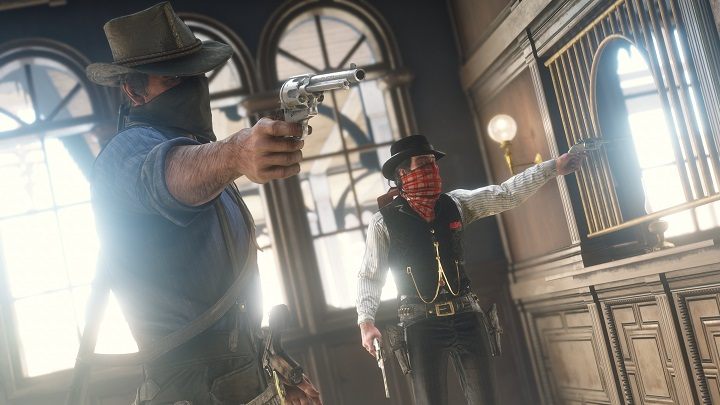 Will Red Dead Redemption II finally get to the PC? Even if, the players will probably have to exert much patience.
Will Red Dead Redemption II finally get to the PC? Even if, the players will probably have to exert much patience.
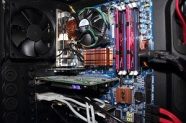
MINES AND COLLUSION
Still, at the beginning of last year, the biggest problem of PCs was not the lack of exclusive titles or second-rate console ports, but rising prices of the components – specifically GPUs and RAM. In the first case, the reason was the cryptocurrency mines (indeed, Inno3D company even released a special graphics card without video outputs for this specific application). In the second one, the increased demand for memory in laptops and smartphones turned out to be the reason (or – if one trusts the reports of the Chinese inspectors – collusion between manufacturers). Fortunately, in the middle of last year, the situation normalized and the months to come give hope for more peace.
Monster Hunter: World is an exception here, but even this action RPG by Capcom debuted six months earlier on consoles, and the PC conversion was riddled by problems with the multiplayer and pestered by average optimization. As for the rest – Red Dead Redemption II, God of War and Spider-Man, the three loudest releases of the past twelve months – the PC gamers got no love what so ever. In the case of Rockstar's production, there are reasons to believe that developers are planning to bring their western epic to computers, but the case of Grand Theft Auto V suggests that a considerable amount of time will pass before that’s realized.
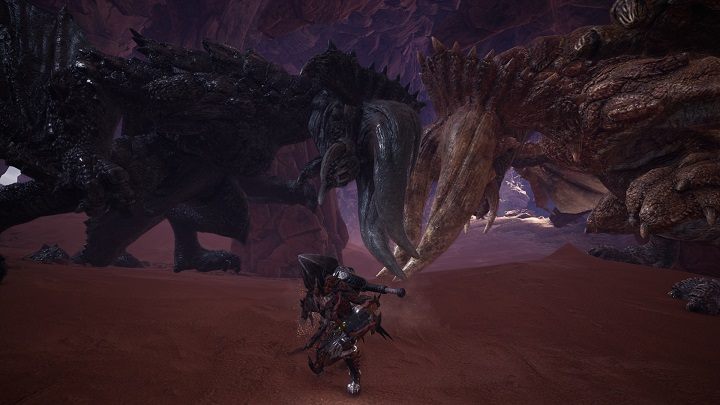
Things look a bit better this year because practically every potential hit (with the exception of Kingdom Hearts III) will also appear on desktops. However, if you trust the reports, which are sound quite reliable, 2020 may bring the ninth generation of consoles, which in turn will trigger the next war of exclusivity between Sony and Microsoft. The Japanese have traditionally announced several different games, which the PC players will only be able to watch jealously on YouTube: The Last of Us: Part II, Ghost of Tsushima, Death Stranding... And the Redmond Giant will certainly try to fight for the audience and it is not at all certain whether they’ll stick to the Play Anywhere program.
Exclusivity? Wrong address
Things are even worse if you look at last year's exclusive PC titles. It’s common knowledge that there’s a whole lot of independent productions too small for consoles, but when we talk about larger games, we actually have to narrow the list down to just one: Pillars of Eternity II: Deadfire. One could also mention Subnautica or Frostpunk, but the first of these games has already been converted to PlayStation 4, and the second one will follow suit within the coming months.
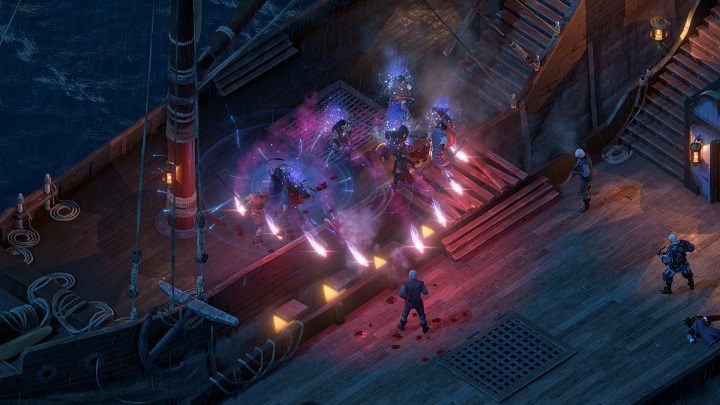

Where're the nines?
A number of productions with an average rating of more than 90/100 (according to the Metacritic review aggregator) in relation to other platforms can serve as evidence of a certain quality crisis in PC games. As many as seven such titles have been released on PlayStation 4. The same number of titles appeared on the Xbox One. Nintendo Switch has had an even better year, with nine games exceeding the 90/100 average (although most of them have already made their debut on other platforms). Meanwhile, the PC can boast only one such game – Into the Breach. It is also worth pointing out that in the top five best-rated productions there are many as four independent games plus Monster Hunter: World, i.e. a console conversion.
The second Pillars of Eternity, according to the first announcements, was also supposed to be released on consoles (PlayStation 4, Xbox One and Nintendo Switch), but now, things went silent. It is known that the conversions are handled by an external company, Grip Digital, but the creators are probably not holding their breath for amazing commercial success. Why should they, if even on PC – the classic RPG’s nursery – the title is said to have performed very poorly, barely exceeding the threshold of 100,000 copies within six months of its release?
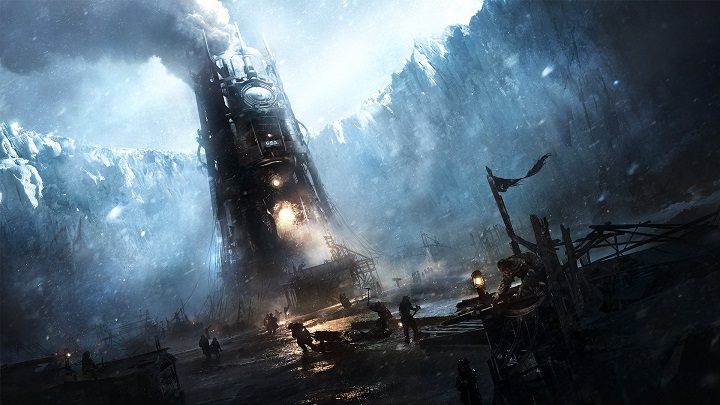
It all looks as if the PC was again becoming the bastard child of the industry, overshadowed by the more profitable consoles. Sure, most publishers release their games on the desktop, but the two priorities are Xbox One and PlayStation 4. The PC, on the other hand, is now a sanctuary for strategies and classic RPGs, and – more importantly – independent games. How long will this remain true is another question.
